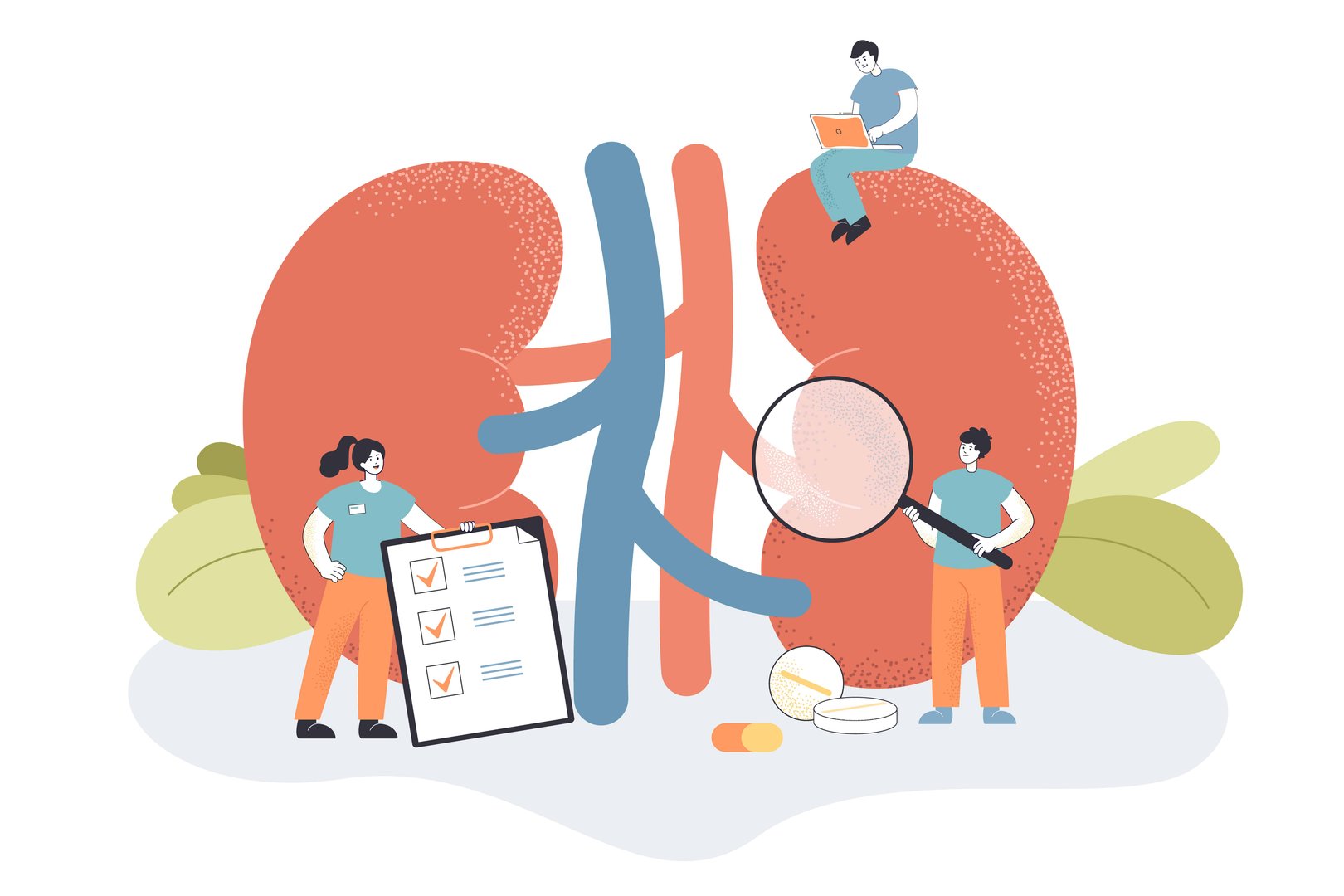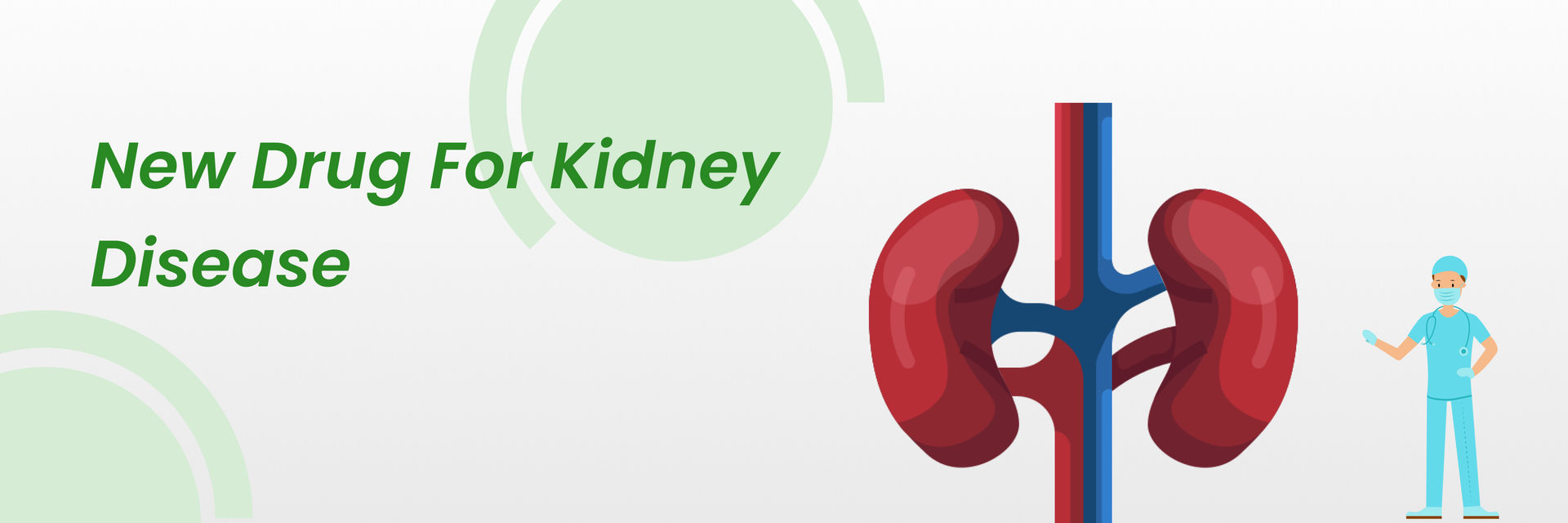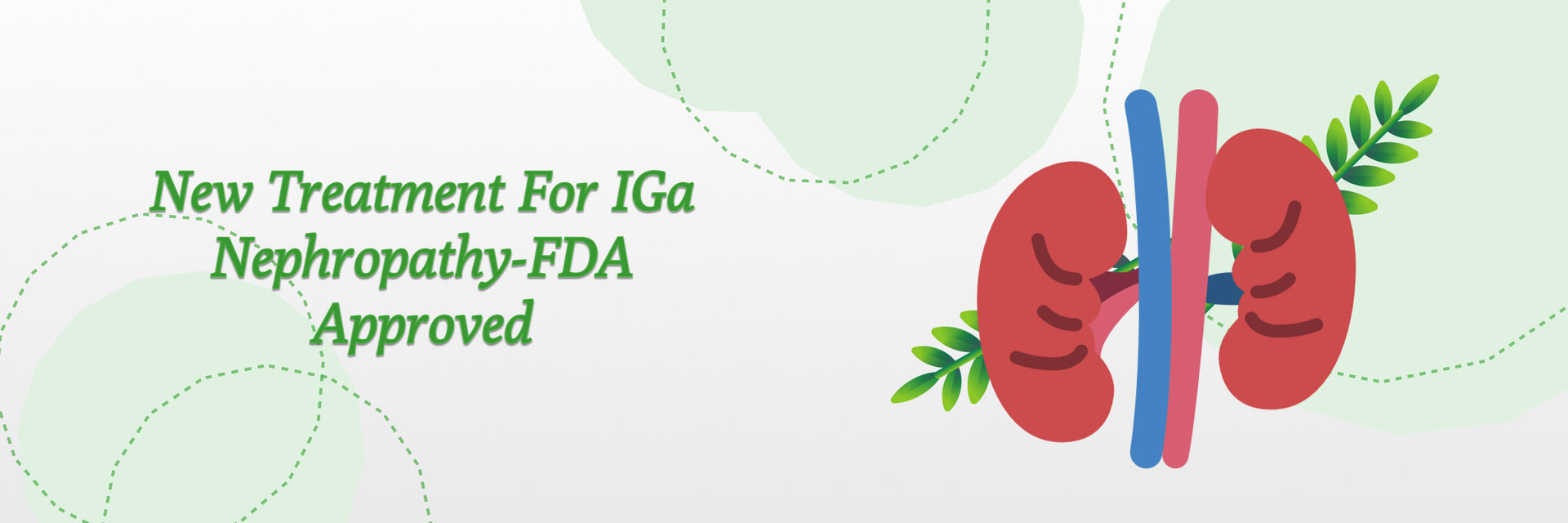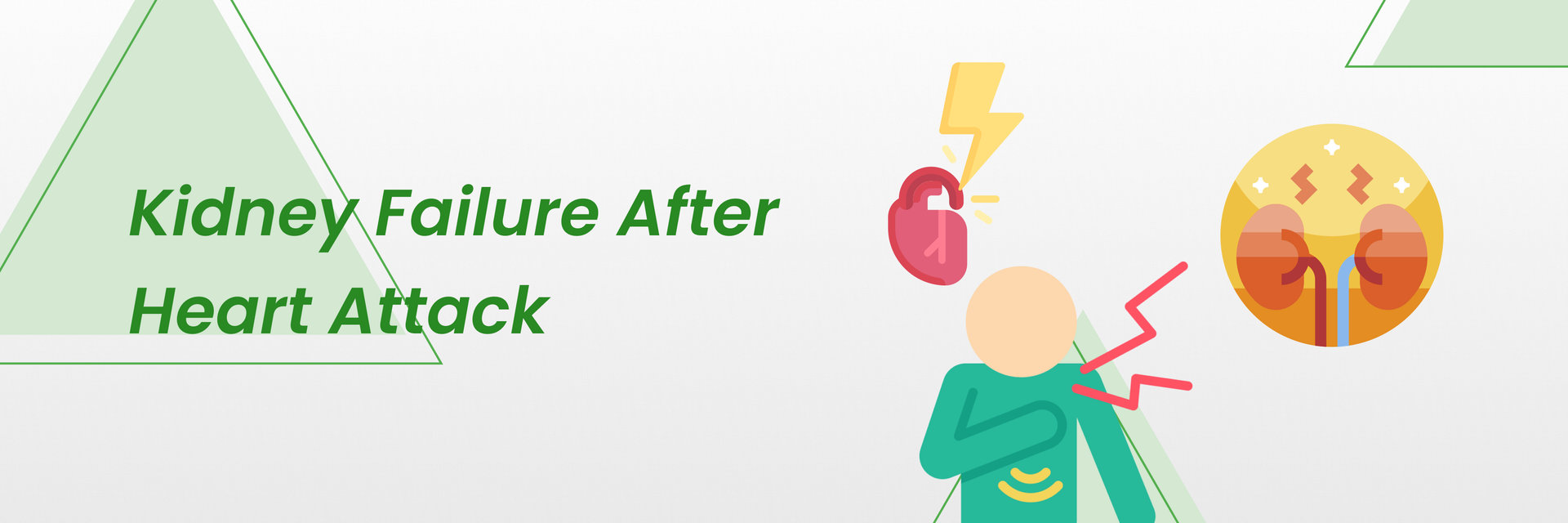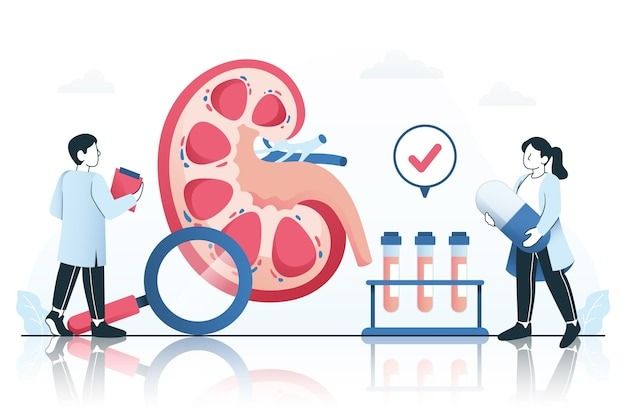Obesity is one of the major global health concerns, with far-reaching consequences. According to the WHO, an estimated 4 million people die each year because of obesity. Global obesity rates have nearly doubled since 1980. Worldwide, more than 1 billion people suffer from obesity.
The World Obesity Federation predicts that by 2030 about 1 in 5 women and 1 in 7 men will be obese.
Obesity isn't just about those extra pounds; it has a deeper impact, especially on our kidneys. Did you know that if you're carrying more weight, you're at a higher risk for chronic kidney disease? It's especially concerning for those with diabetes and hypertension.
And here's a fact that might surprise you.
Research indicates that obese individuals are 2 to 7 times more likely to face end-stage kidney disease compared to those of normal weight. That's not all; obesity also increases the risk of sudden acute kidney problems. It's essential that we understand and address this link between obesity and kidney health.
Got scared? Don't be. We have covered every aspect of how obesity affects your kidney health.
Take the first step toward healing. Request a Free Consultation.
Relationship between obesity and kidney disease:
Obesity is a major risk factor for kidney diseases.
Let's look at some of the kidney complications caused due to obesity:
High blood pressure: Obesity often leads to hypertension. This damages the blood vessels in your kidneys over time. It also reduces your ability to filter waste products and excess fluids out of your body.
Diabetes: Obesity is connected to type 2 diabetes, a leading cause of kidney disease. High blood sugar levels can harm your nephrons, the filtering unit of your kidneys.
Inflammation: Excess fat tissue can promote inflammation in the body, including the kidneys. Chronic inflammation causes kidney damage.
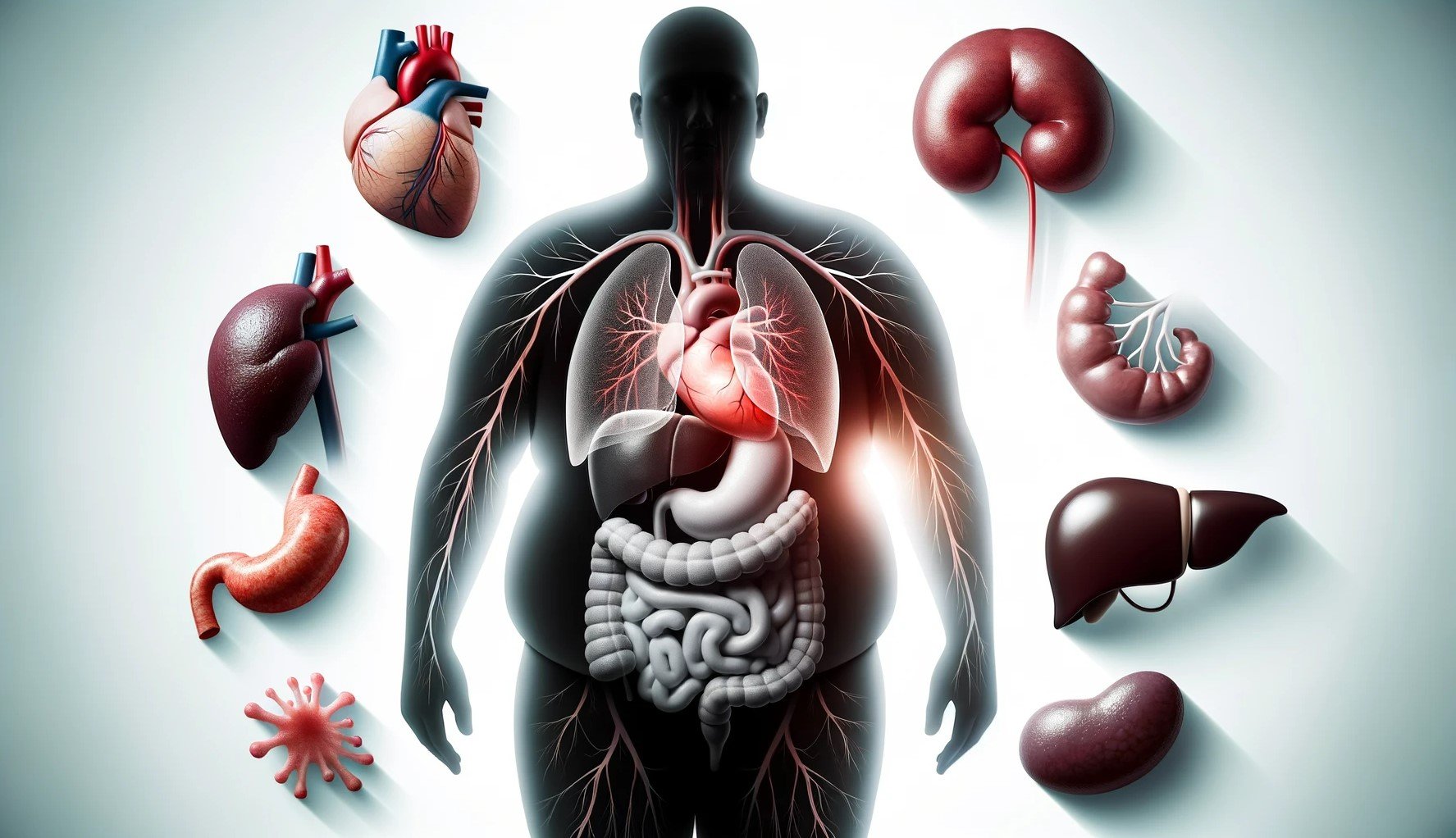
Dyslipidemia: Obesity often results in abnormal lipid profiles, causing kidney problems.
Obstructive Sleep Apnea: Sleep Apnea: Impaired kidney function due to reduced oxygen levels
Fatty Liver Disease: Obesity leads to non-alcoholic fatty liver disease. This can contribute to kidney issues.
Albuminuria and proteinuria: These show excess albumin and protein in the urine. This leads to kidney damage.
Reduced Blood Flow: Abdominal fat compresses the kidney's blood vessels, reducing blood flow.
Kidney Stones: Obesity increases the risk of kidney stones. They can cause kidney damage if left untreated.
Kidney cancer: Obesity is also a risk factor for kidney cancer.
Glomerular Hyperfiltration: Obesity can strain your kidneys over time.
Studies have shown obesity-related glomerulopathy has increased 10-fold in recent years.
Early chronic kidney diseases have no signs or symptoms. But it can lead to kidney failure in the long term.
Book your appointment today for the best treatment for your unique situation.
Does weight loss lower kidney disease risk in obese people?
Losing weight can reduce your risk of obesity and kidney diseases. Obesity makes your kidneys work harder to filter blood and remove waste products.
Many studies state that the Glomerular Filtration Rate has become better after weight reduction. It also prevents renal damage and reduces proteinuria.
Let’s look at the benefits of weight loss on kidney health:
Improved blood pressure control: Lowering blood pressure reduces the strain on your kidneys.
Achieves better blood sugar control: Weight loss improves insulin sensitivity and glycemic control. This lowers your risk of kidney damage due to diabetes.
Reduces proteinuria: Proteinuria or excess protein in the urine, implies kidney damage. Reducing proteinuria helps preserve kidney function.
Reduces chronic inflammation: Weight loss reduces inflammation markers in your body. This prevents kidney damage.
Reduces the risk of kidney stones: Weight loss will improve your urine composition. This will reduce the formation of crystals.
Are there specific diets recommended for managing obesity-related kidney problems?
Yes, doctors often recommend specific diets for managing obesity and kidney diseases.
These customized kidney-friendly diets include:
- Low-Sodium Diet: This will help to manage your high blood pressure. This will also reduce the strain on your kidneys.
- Balanced, low-protein diet reduces your proteinuria to decrease kidney damage.
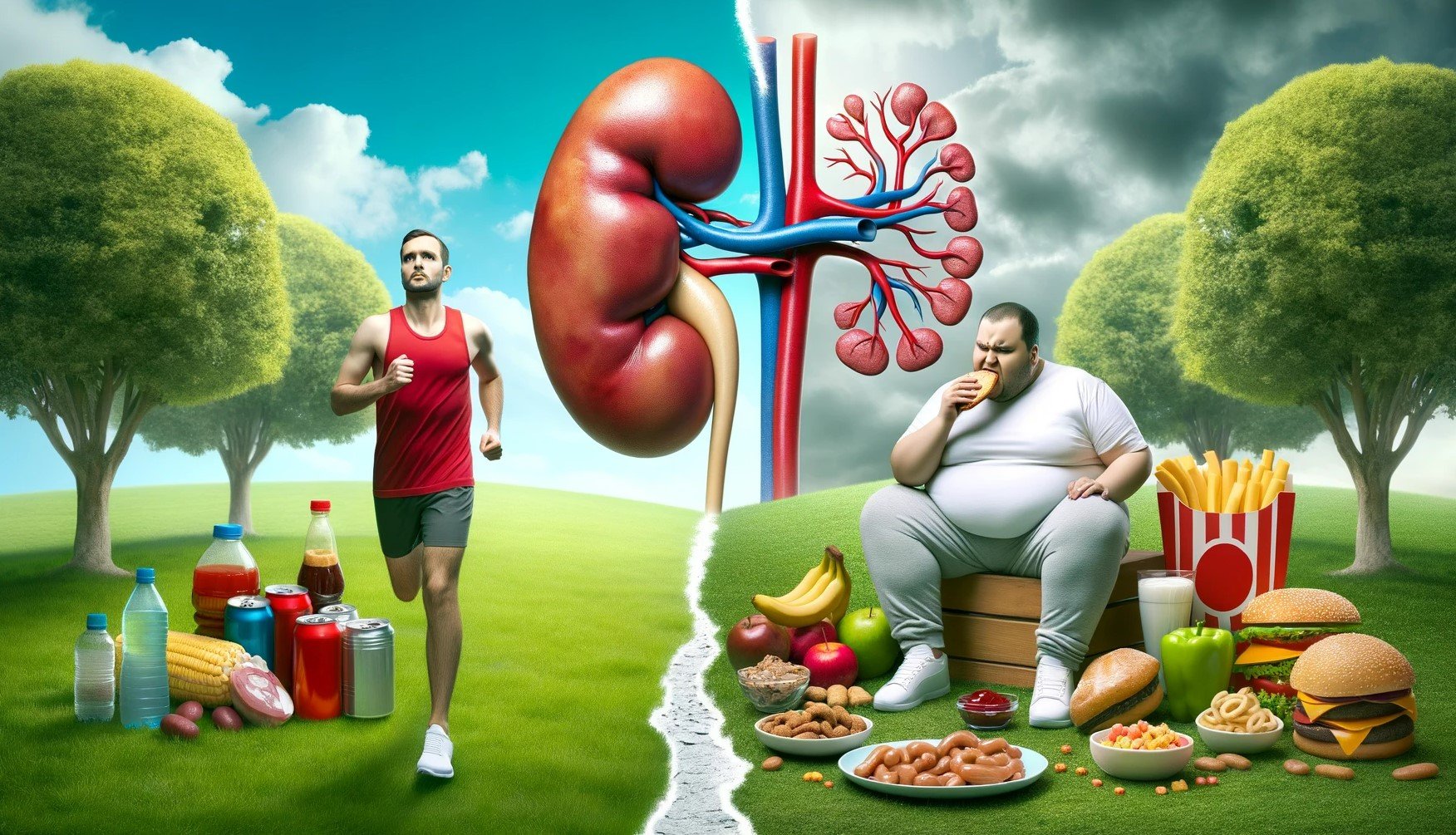
- Plant-Based Diet: Fruits, vegetables, and whole grains help weight loss.
- Limiting sugar and refined carbohydrates: This will control your blood sugar levels. It reduces the risk of obesity and kidney diseases like diabetes.
Avoid rushing into crash diets. Consult your doctor for a personalized weight loss plan.
How does obesity impact the success of kidney transplant surgery?
Obesity can impact the success of your kidney transplant surgery in many ways.
Surgical complications: Excess abdominal fat can make your surgery difficult. It can increase the risk of complications and prolong your surgery.
Increased risk of infection: There is a higher risk of surgical site infections. This is crucial in transplant surgery, where infection control is crucial.
Delayed wound healing: If you are obese, your healing post-surgery will be slower. This may lead to longer hospital stays and a higher risk of wound complications.
Anesthesia: If you are old, it may increase your risk of anesthesia-related complications.
Reduced Graft Survival: Higher risk of kidney graft rejection linked to obesity
Cardiovascular Risks: Increased risk of heart-related complications during transplantation
Post-Transplant Complications: There is a higher risk of post-transplant complications. These involve infection, hypertension, diabetes, and cardiovascular issues.
Medication Challenges: Dosage adjustments are required if you are an obese transplant recipient.
Obesity can pose challenges in kidney transplant surgery but doesn't prevent transplantation. Assess the risks and benefits with your doctor to make an informed decision.
Take charge of your health and your life. Contact us today!
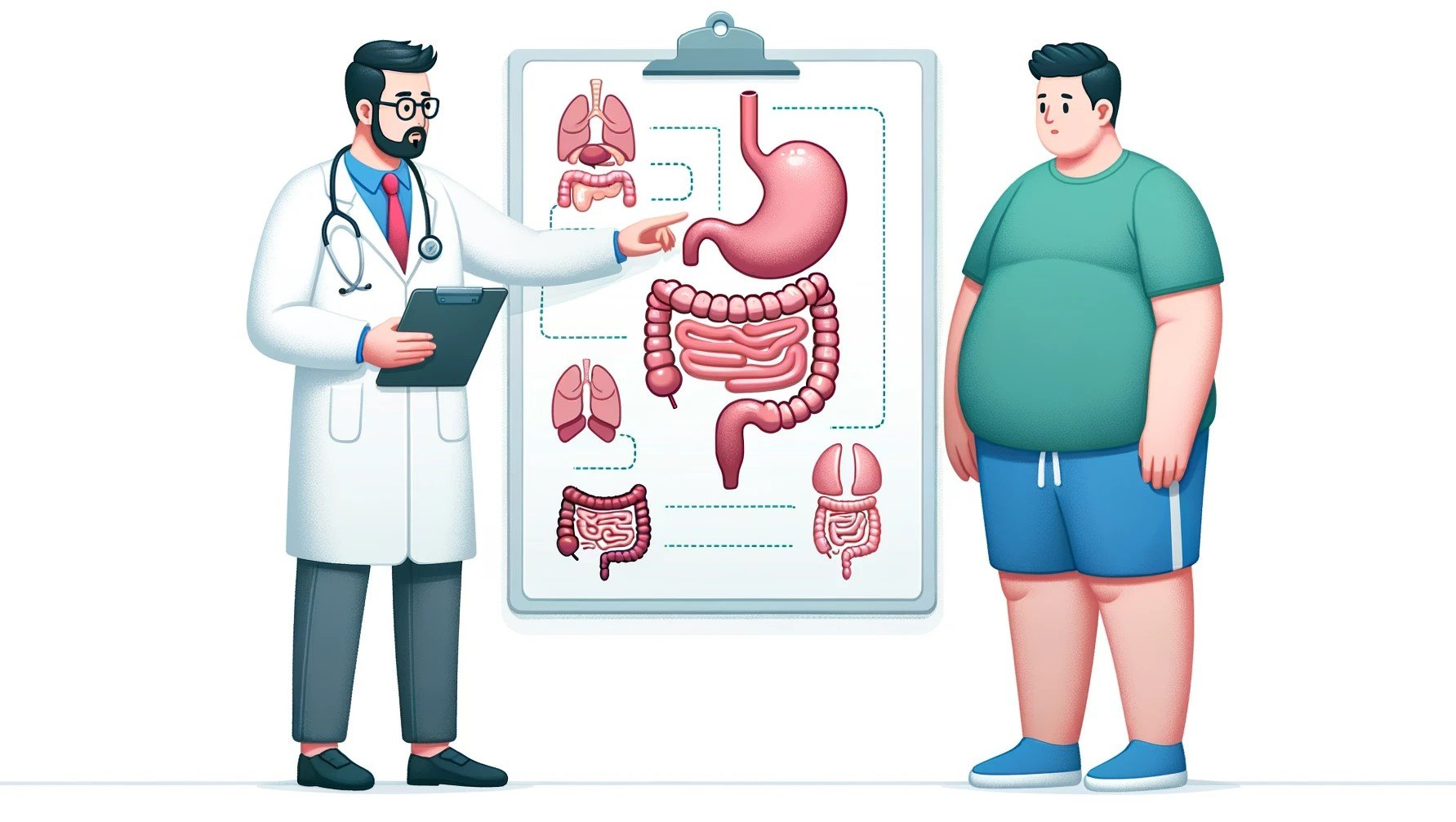
Is bariatric surgery a viable option for obese individuals with kidney disease?
Bariatric surgery is a viable option. It helps with large weight loss. Improves obesity-related comorbidities, high blood pressure, and diabetes.
Studies imply a risk of mortality after bariatric surgery. Those are people with pre-existing chronic kidney disease.
Consult with your surgeon about your medical history and kidney disease status.
What are the early signs of kidney problems in obese individuals?
- Increased Urination: Frequent urination, especially at night, is an early sign.
- Fatigue: Because of impaired kidney function in filtering waste from the body
- Swelling: Seen when kidneys are not effective.
- Changes in urine: This can include foamy or bubbly urine, bloody or dark urine, or urine with an unusual odor.
- High blood pressure: hypertension is a key risk factor and early indicator.
- Proteinuria: excess protein in the urine, detected in routine urinalysis.
- Back pain: Pain in your lower back, around the kidney area, can be a sign of kidney problems.
- Loss of appetite: It can be an early indicator
- Metallic taste in the mouth: This is due to kidney issues.
- Itchy skin: Persistent itching often occurs due to the buildup of waste products in the blood.
- Difficulty in concentrating: Cognitive changes occur as waste products accumulate in your bloodstream.
Sometimes they may be due to other health conditions, not kidney problems. Consult your doctor for early detection and management.
Are you facing any of the above symptoms?
Don't delay— schedule your appointment today and get checked promptly! Early intervention and treatment
Can obesity-related kidney disease be reversed with lifestyle changes?
Yes, they can reverse.
Weight loss: This can reduce stress on the kidneys and improve kidney function.
Dietary modifications: Adopt a kidney-friendly diet. Low in sodium, refined sugars, and saturated fats. It helps manage your blood pressure, diabetes, and total kidney health. Reducing protein intake will also help.
Control of blood pressure and blood sugar: Keep this in check to preserve kidney function.
Regular exercise: This improves your overall health. Leads to weight loss, blood pressure control, and better blood sugar management.
Quit smoking and alcohol: It can worsen your kidney disease.
Medication management: Following your doctor’s advice for medicines
All your kidney damage won't be reversed. Especially in obesity and chronic kidney diseases
How can obese individuals protect their kidneys through lifestyle changes?
Studies are being done on obese diabetic patients. They show diet restriction and increased exercise decrease chronic kidney disease risk by 30%.
Look at some recommendations:
- Weight loss: Gradual weight loss through a balanced diet and regular physical activity.
- Healthy diet: Fruits, vegetables, whole grains, lean proteins, and low-fat dairy products. Limit processed foods, sugary drinks, and high-sodium foods.
- Control Blood Pressure: Maintain a healthy blood pressure by reducing sodium intake.
- Manage Blood Sugar: If you have diabetes, work to get your blood sugar levels within the target range.
- Stay hydrated: Adequate hydration is essential for kidney health. Avoid excessive consumption of sugary or high-caffeine beverages.
- Regular exercise: Engage in regular physical activity.
- Limit alcohol: Excessive alcohol consumption can harm the kidneys.
- Quit Smoking: Smoking causes kidney damage.
- Manage stress: Chronic stress can have negative effects. Practice stress-reduction techniques like meditation, deep breathing, or yoga.
- Regular Check-ups: Visit your doctor for kidney function tests. Early detection can help prevent or slow down kidney disease.
- Medication Management: For underlying conditions, such as hypertension or diabetes, take prescribed medications.
What is the significance of early detection of kidney disease in obese individuals?
Early detection of kidney disease in obese individuals is important because:
- Prevents progression: Early detection prevents the development of advanced stages of disease, like kidney failure.
- Improved management: Manage underlying causes like obesity, high blood pressure, and diabetes.
- Reduced complications: Early identification helps to address related complications and comorbidities promptly. This can reduce your risk of serious health issues like heart disease or stroke.
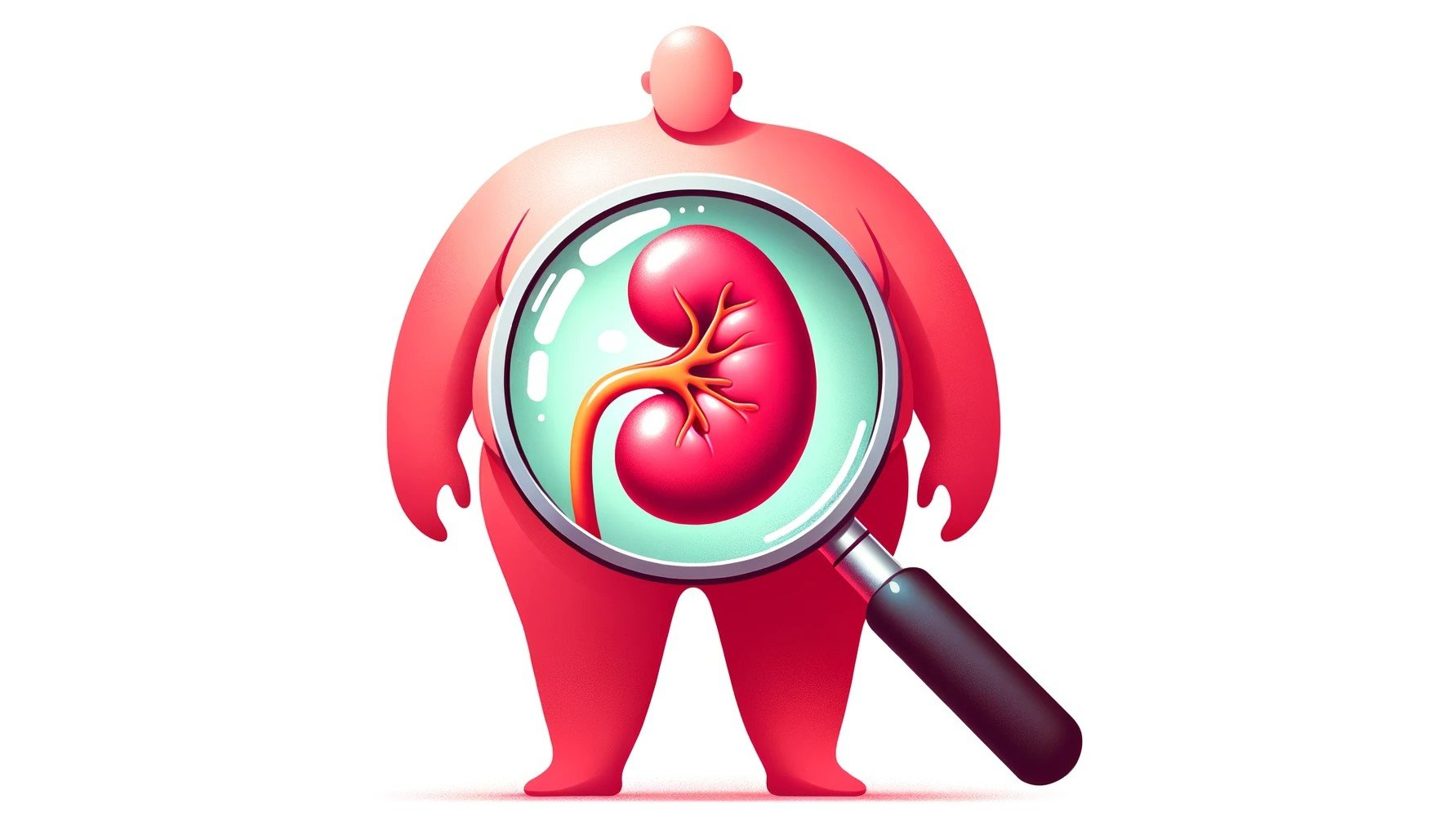
- Quality of life: Improved quality of life
- Cost Savings: On dialysis or kidney transplantation later on.
- Screening: Screening for obesity complications, like high blood pressure, diabetes, and cardiovascular disease, is required.
References:
https://www.who.int/news-room/fact-sheets/detail/obesity-and-overweight
https://www.forbes.com/health/
https://www.worldkidneyday.org/facts/your-kidneys/

